Can Chickens Eat Mushrooms? Yes, they can eat mushrooms. The edible type of mushrooms is nutritious and very beneficial to chickens. Chickens also have preferences, so you might have some chickens among your flock that would rather not eat mushrooms.
Chickens are known to eat almost everything they come across. They can even feed on your kitchen wastes and leftovers and be just fine, provided they are not salted, moldy or rotten.
Mushrooms are little fungus plants that are shaped like umbrellas. They have a cap-like top and a short stem attached to the ground. They grow in wet and moist areas, sprouting out of their source in clumps. If you’re looking for a complete guide on raising backyard chickens you can check out our blog post.
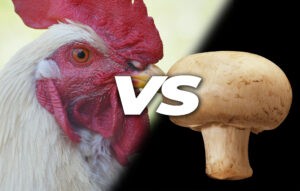
There are various species of mushrooms and a large number of these various species are either poisonous or inedible and can cause a lot of damage to the body if consumed. If a lot of mushrooms are inedible, how do you identify the edible for your chicken? To be on the safe side, you should stick with store-bought mushrooms which have been tested and proven to be consumable. You can also go with commercially cultivated mushrooms.
Mushrooms tend to grow in fertile locations. it could be in your yard or the wild. If you have plans of letting your chickens eat these mushrooms, you should be an expert at differentiating the edibles from the in-edibles. Edible mushrooms contain a lot of nutrients that are beneficial to you and your chicken in the long run. They contain vitamins, minerals, antioxidants, and some other important nutrients that are essential to your chicken.
Table Of Foods And Fruits Chickens Can And Can’t Eat.
This is a table showing the fruits and foods your chicken is allowed to eat and how much they can eat.
Nutritional Table For Mushrooms
Nutritional value for brown mushroom, Crimini
Nutrient per 100g is 3.5 ounces
| Energy | 94 KJ (22 kcal) | |
| Carbohydrate | 4.3 g | |
| Fat | 0.1 g | |
| Protein | 2.5 g | |
| Vitamin B1 | 0.1 mg | 9% |
| Vitamin B2 | 0.5 mg | 42% |
| Vitamin B3 | 3.8 mg | 25% |
| Vitamin B5 | 1.5 mg | 30% |
| Vitamin B6 | 0.11 mg | 8% |
| Vitamin B9- folate | 25 ug | 6% |
| Vitamin C | 0 mg | 0% |
| Vitamin D | 3 IU | 1% |
| Vitamin D (UV exposed) | 1276 IU |
| Iron | 0.4 mg | 3% |
| Magnesium | 9 mg | 3% |
| Manganese | 0.142 mg | 7% |
| Phosphorus | 120 mg | 17% |
| Potassium | 448 mg | 10% |
| Sodium | 6 mg | 0% |
| Zinc | 1.1 mg | 12% |
| Selenium | 26 ug | |
| Copper | 0.5 mg |
Interesting Facts About Mushrooms
Here are some interesting things to know about mushrooms :
- Mushrooms are in a kingdom of their own. Although they look like they are plants, they are closer to the animal kingdom.
- There are chemical compounds found in mushrooms that can also be found in crabs and lobsters.
- Mushrooms can disintegrate plastics in a short period
- There is a mushroom that tastes like fried chicken
- There’s a 2,400-year-old mushroom in Oregon referred to as honey mushroom.
- Portobello mushrooms, button mushrooms, and white mushrooms are all the same species at different maturity levels
- Fly agaric mushrooms can cause micropsia or macropsia.
- Lightning increases the population of mushrooms
- Reindeer’s love psychedelic mushrooms and could get high off them.
- Mushrooms could reduce the risk of breast cancer.
How many mushrooms Can Chickens Eat?
Chickens can eat mushrooms but in moderation. It is advisable to use a chicken feeder if possible. You also have to be certain that the mushrooms they are eating are the edible types, to avoid hurting your chickens.
Here’s a list of edible mushrooms for your chickens:
- White button mushroom
- Crimini mushroom
- Portobello mushroom
- Shiitake mushroom
- Black trumpet mushroom
- Morel mushroom
- Oyster mushroom
- Chicken of the woods mushroom
- Chanterelle mushroom
- Porcini mushroom
- Matsutake mushroom
- Reishi mushroom
- Wood hedgehog mushroom.
What You Should Know About Mushrooms
Mushrooms are part of the fungi family, consisting of many nutrients. They are low in calories and also in sugar. They contain high levels of protein and vitamin D and should be consumed in small amounts.
Mushrooms have a rubbery texture which makes them difficult for chickens to eat raw. For easy consumption, you should cook or fry it to soften it. Make sure you do not fry it with oil, you can fry in water instead, letting the water dry. Sometimes it is best to mix with chicken feed.
Inedible mushrooms contain microbes or parasites that could cause harm to your chicken if consumed by them. They could also contain poison that can kill them. Consumption of inedible mushrooms can result in kidney failure, digestive problems, hemorrhaging, and death of your chicken.
Benefits Of Mushrooms To Chicken
- Mushrooms improve gut health
- Build immunity
- Promote growth
- Increase the egg quality of your chicken
- Serve as antibiotics
- Stimulate antioxidants
- Improve lipid profile
- Increases egg production.
In Summary
Mushrooms supply loads of nutrients to your chicken, improving their health. As much as they are beneficial to your chickens, they should be eaten in moderation because they can have an adverse effect if eaten in excess. Ensure that your chickens are eating the edible type of mushrooms to avoid ill health and eventually death, which could cost you some money if you are producing commercially.

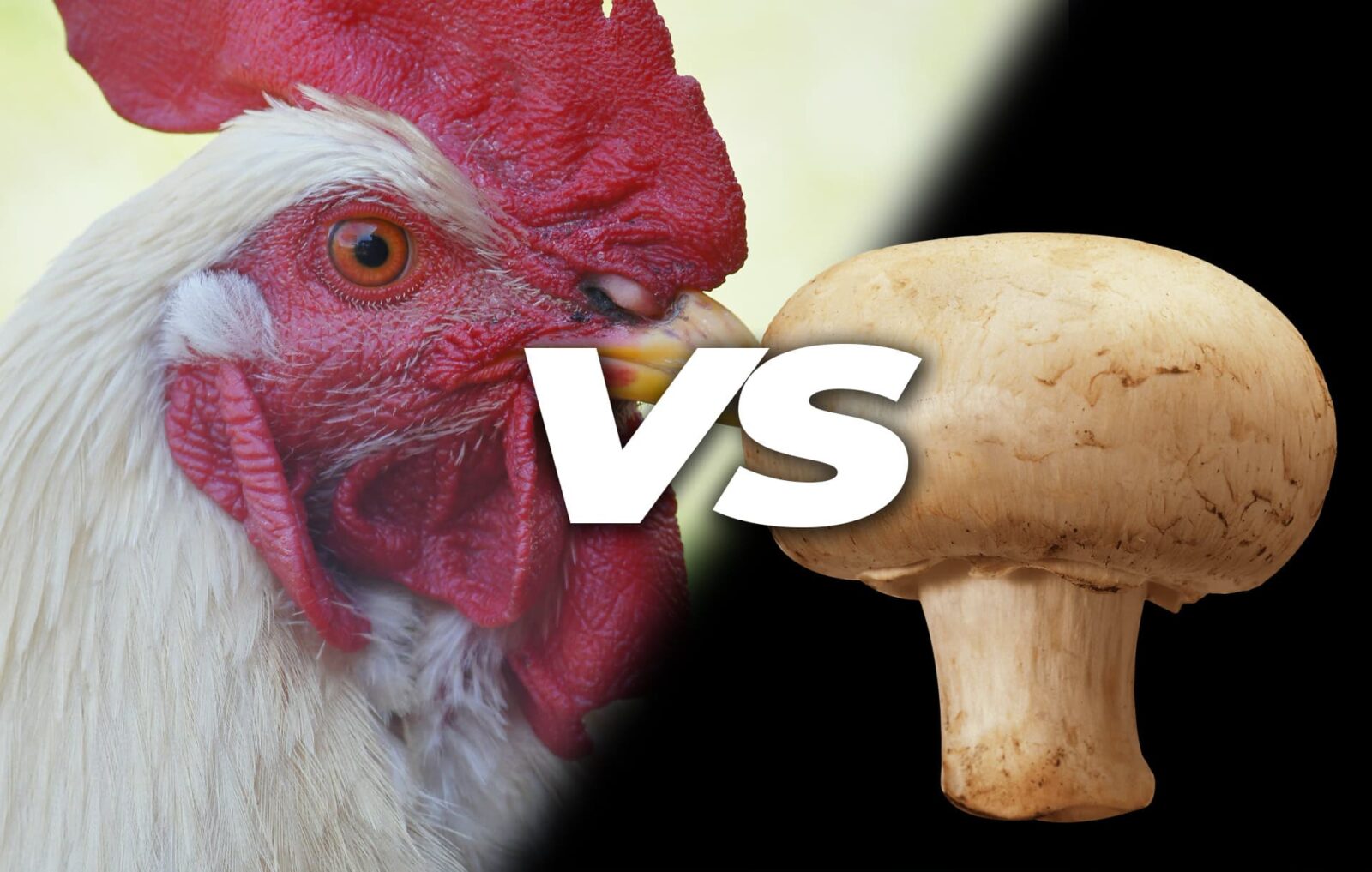
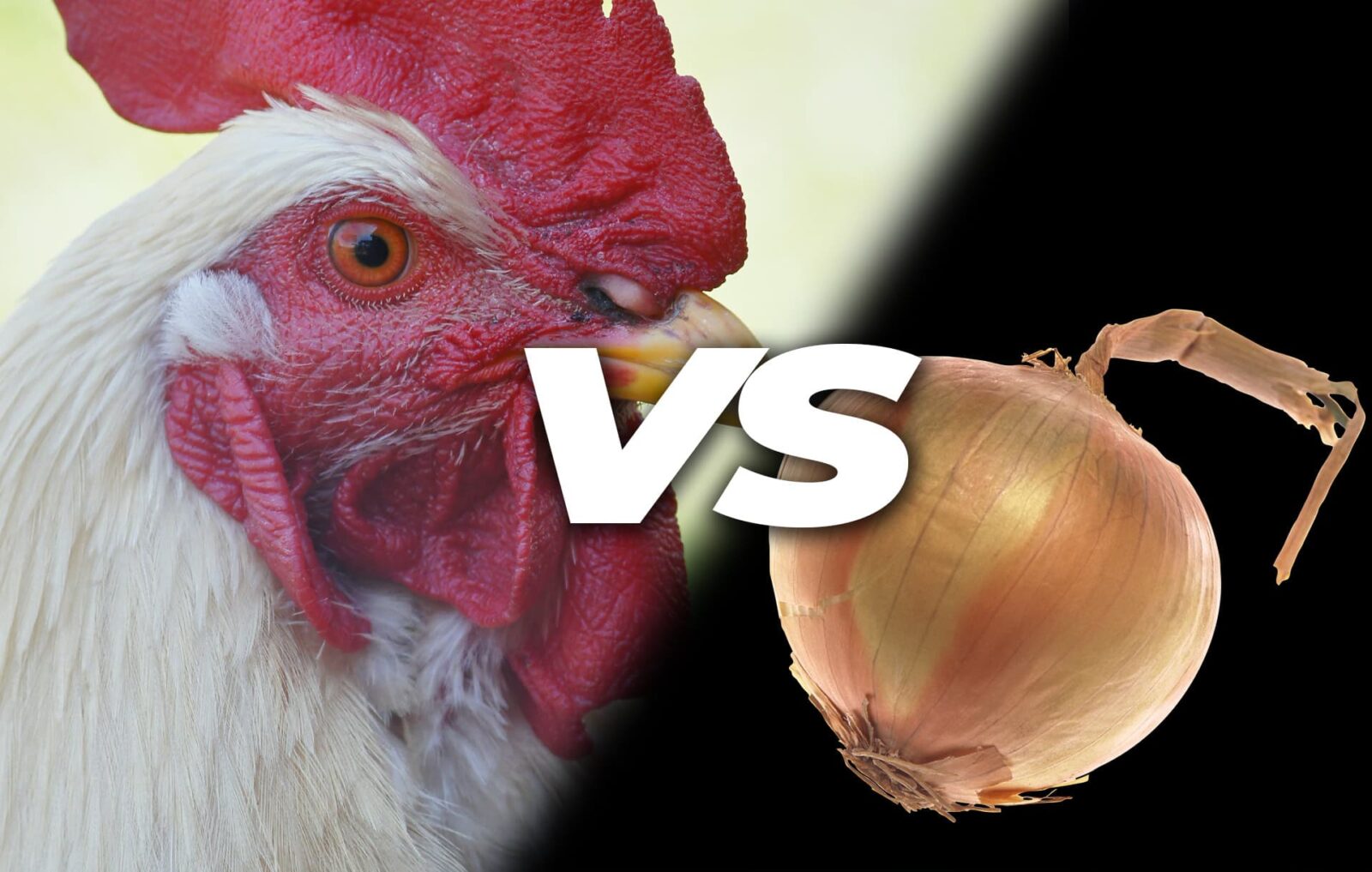
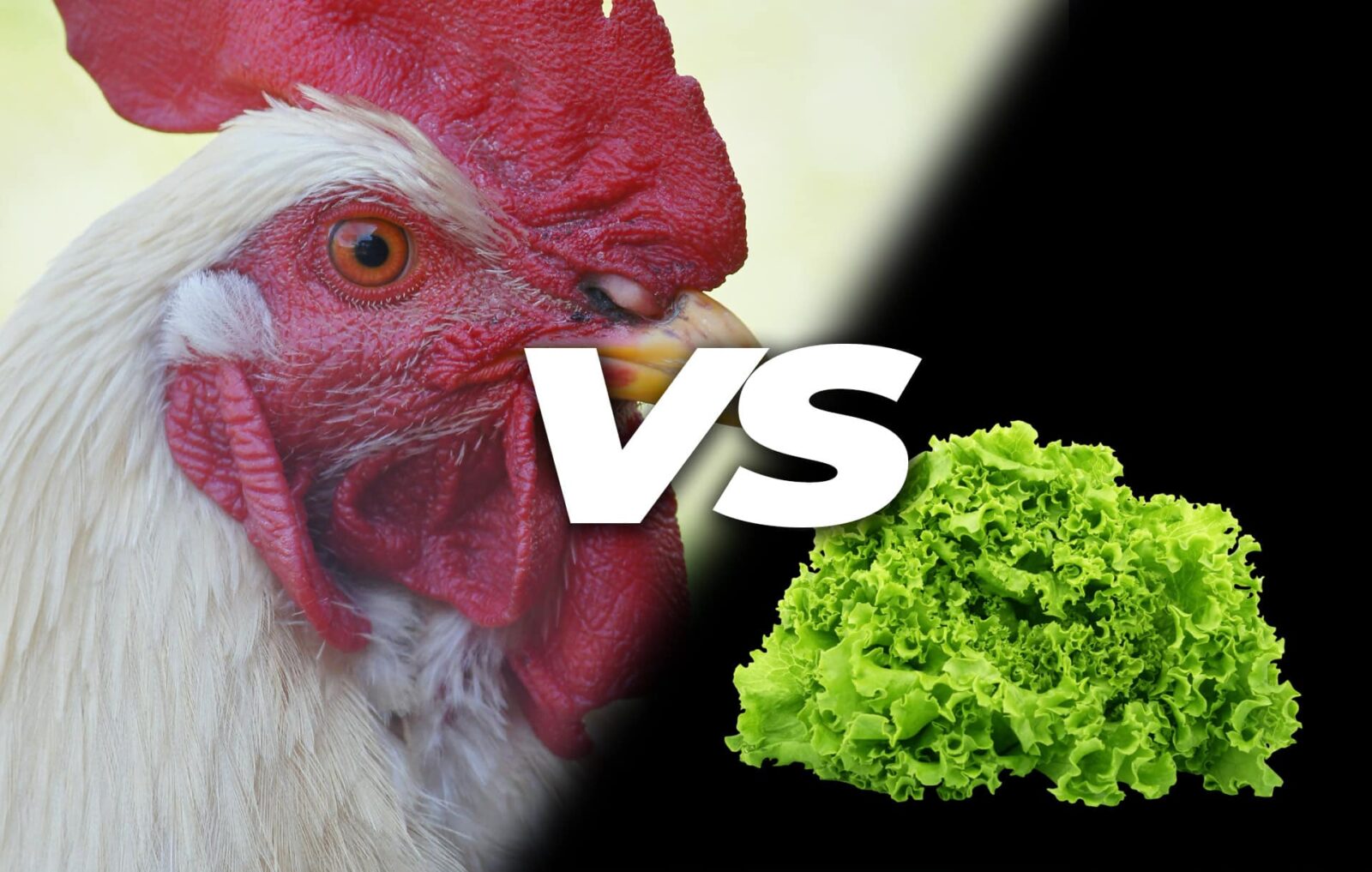
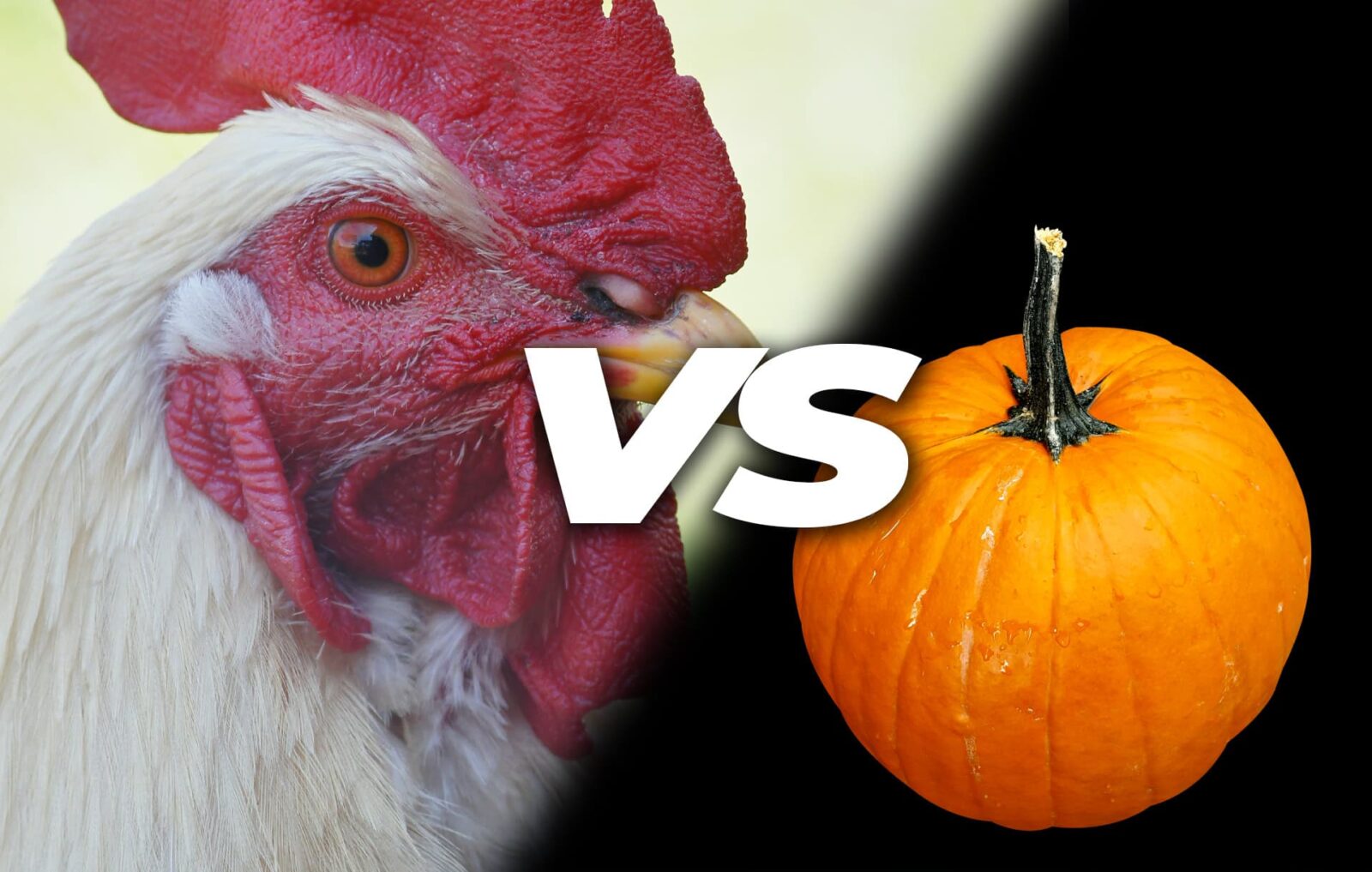
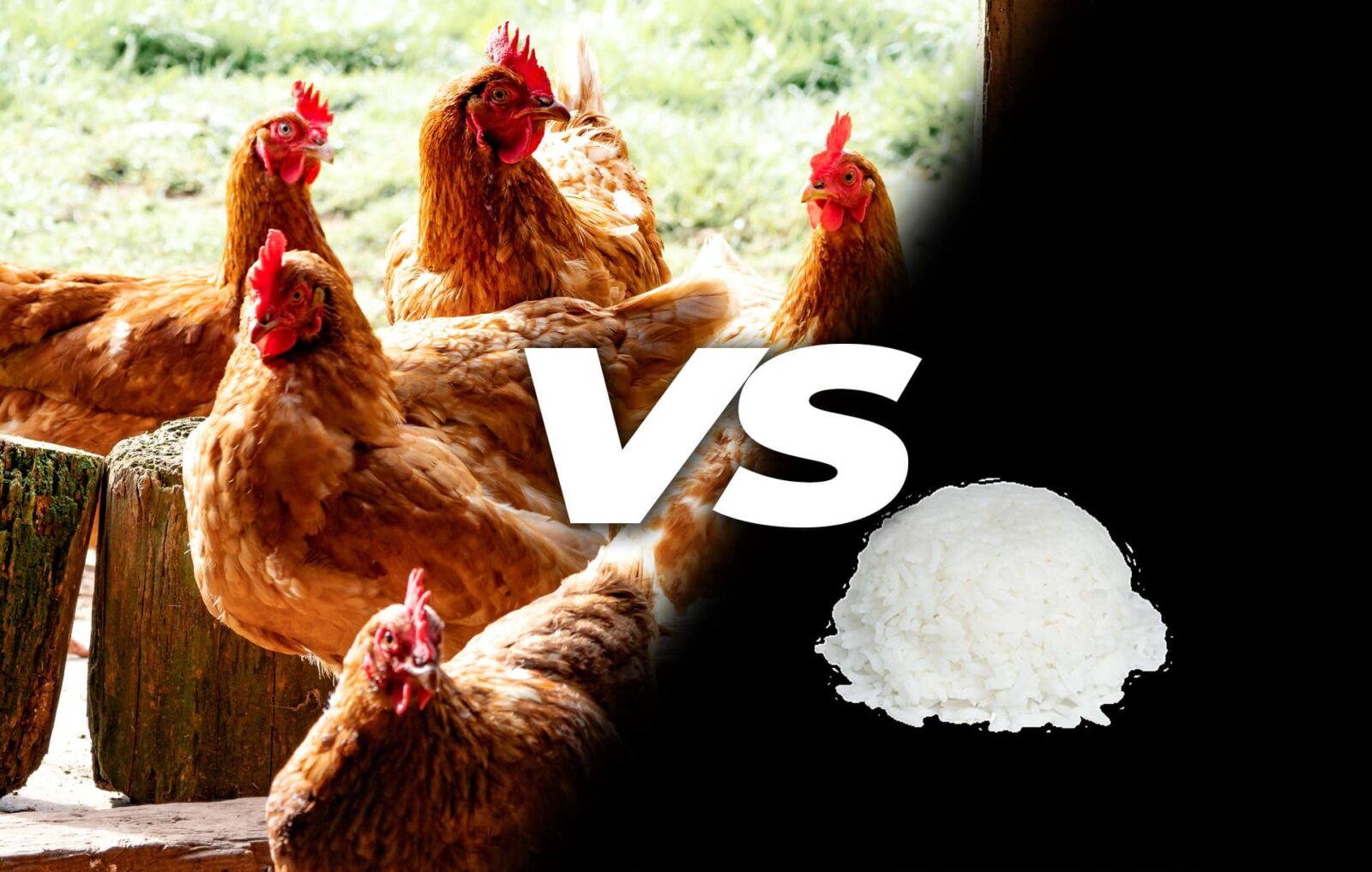





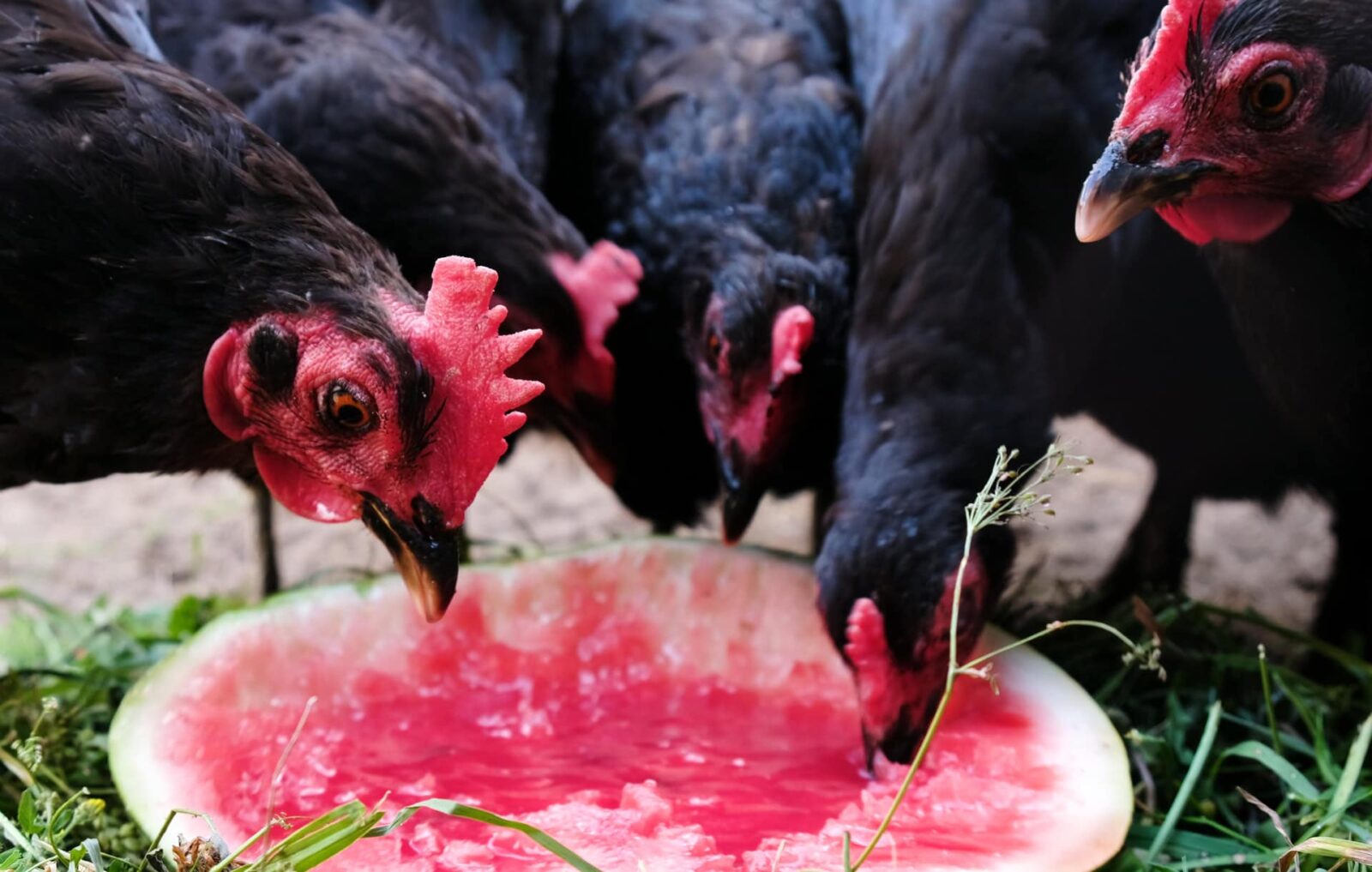

Leave a Reply